Construction
ADL brings incumbents, startups and government together to advance construction.
Seize the Building Revolution: Empowering Industry Leaders to Innovate and Thrive in ClimateTech
As the world commits to a greener future, $700 billion/year in global climate finance is fueling a building revolution. With 40% of carbon emissions coming from the built environment, increasing political pressure, and the emergence of revolutionary advanced manufacturing technologies coupled with large financial incentives from governments around the world, the way the world builds is primed to modernize rapidly.
Partner with ADL Ventures to develop a winning strategy, create new business units and harness the power of climate tech innovation to best your competitors.
Our Expertise
-
Bold Innovation Strategies
We provide expert guidance to navigate the rapidly changing landscape by translating your vision into transformational growth.
-
Launch and Scale New Business Units
Transform internal ideas into thriving start-ups and solve problems for your current business.
-
Strategic Investments
Invest in the right start-ups and technologies to stay ahead in the game.
-
Product and Service Design
Utilize your unfair advantages to engineer cutting-edge products and services.
Success Stories
Liatris: Revolutionizing Fire-Proof Insulation
In a 6-month collaboration with Sto Corporation, we developed Liatris, a breakthrough start-up creating a fire-proof insulation material as a replacement for EPS and XPS. See how our partnership with Sto Corporation has paved the way for a safer, more sustainable future.
Innovators that trust ADL
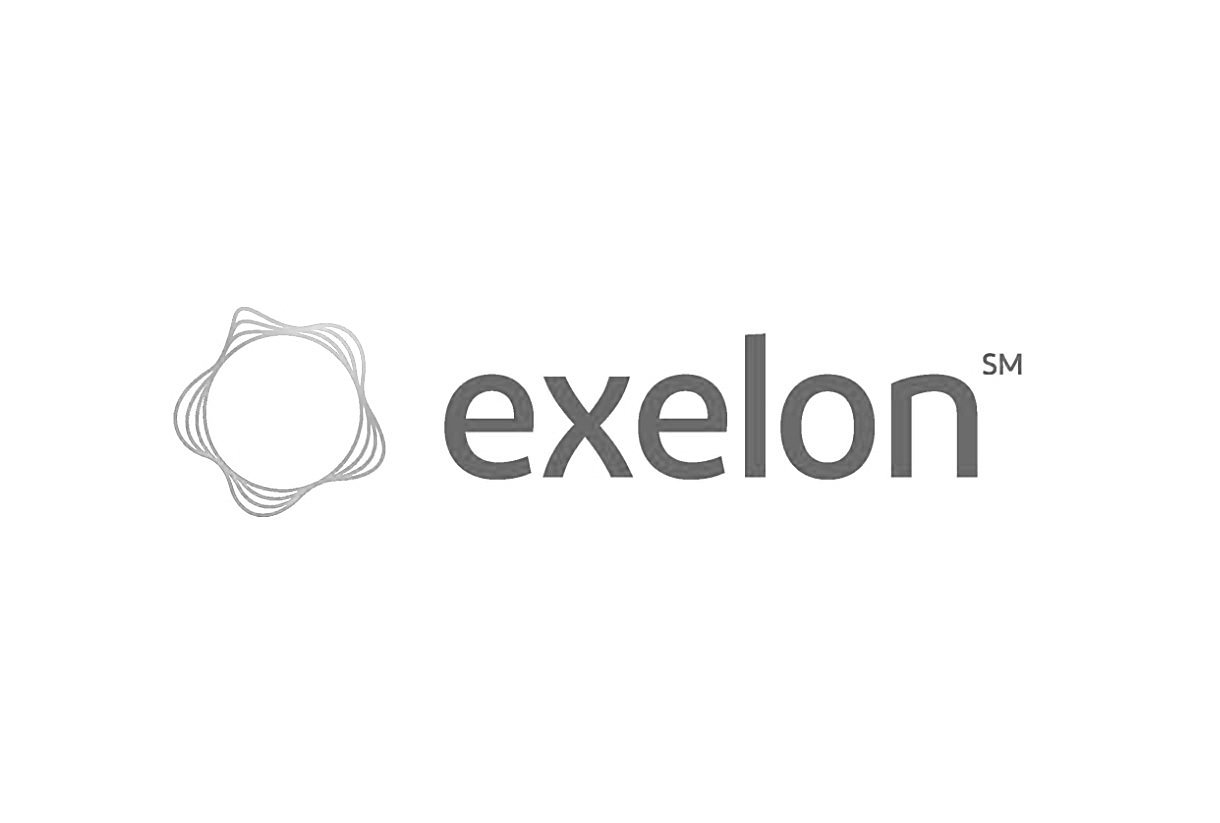
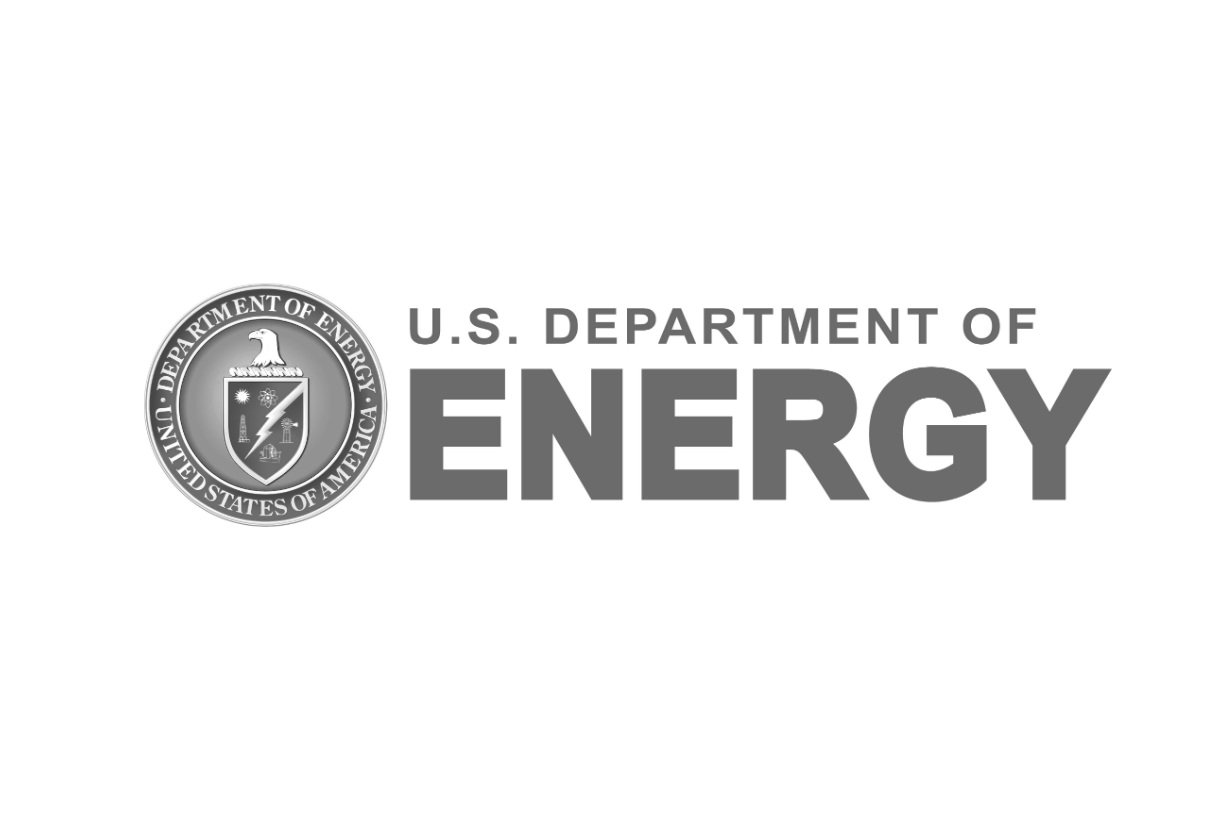
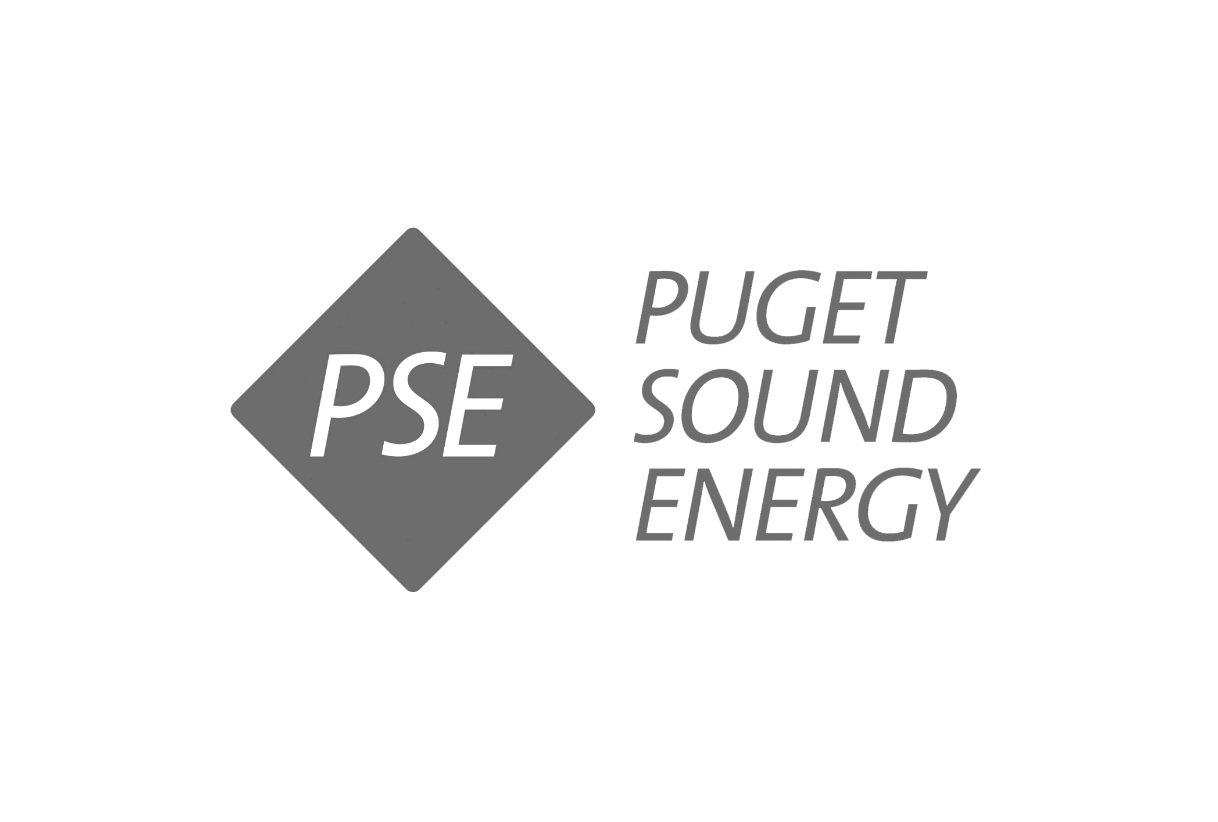
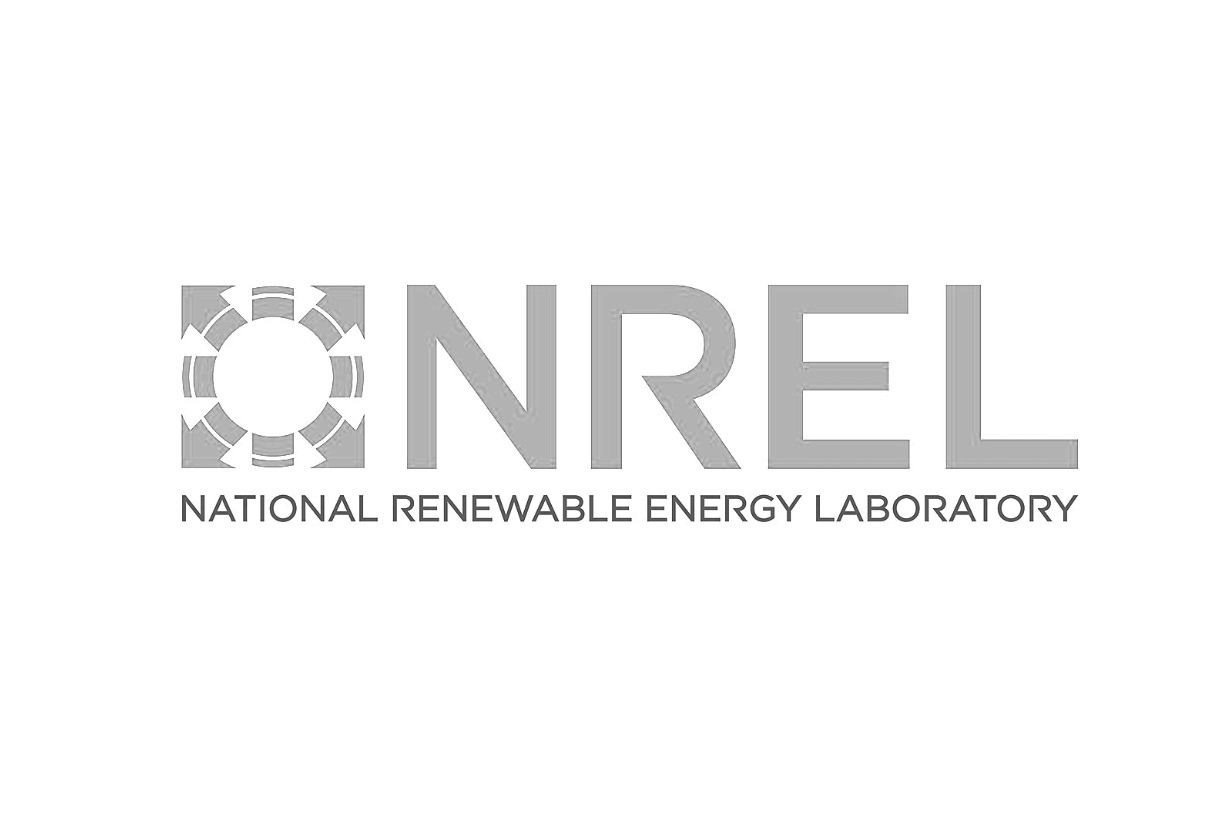
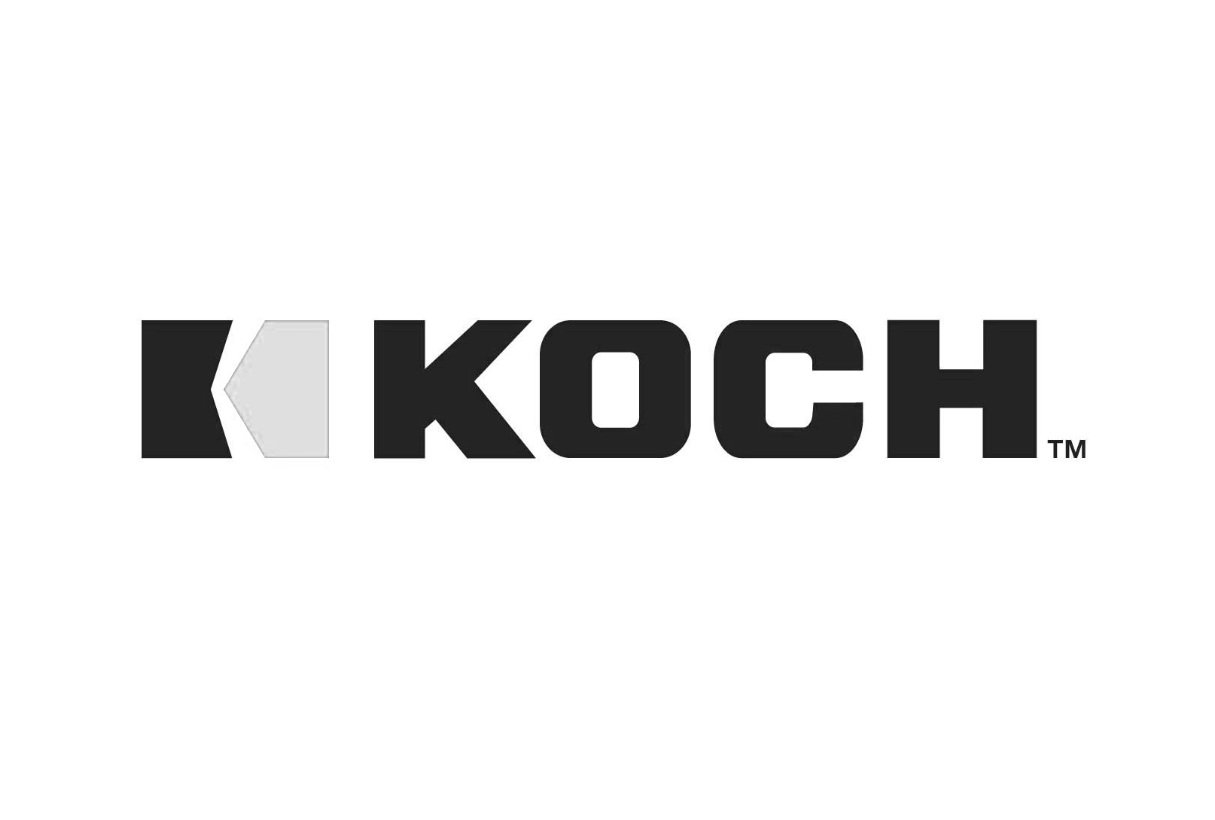
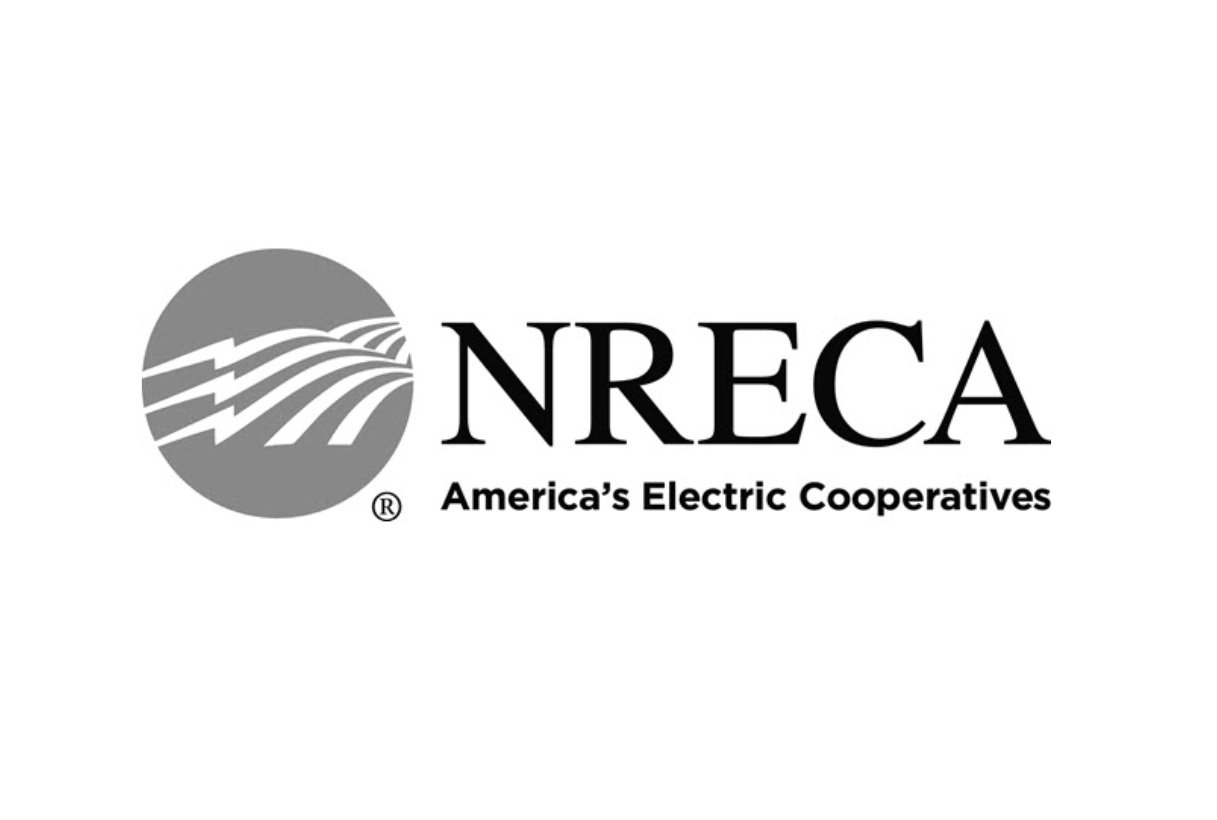
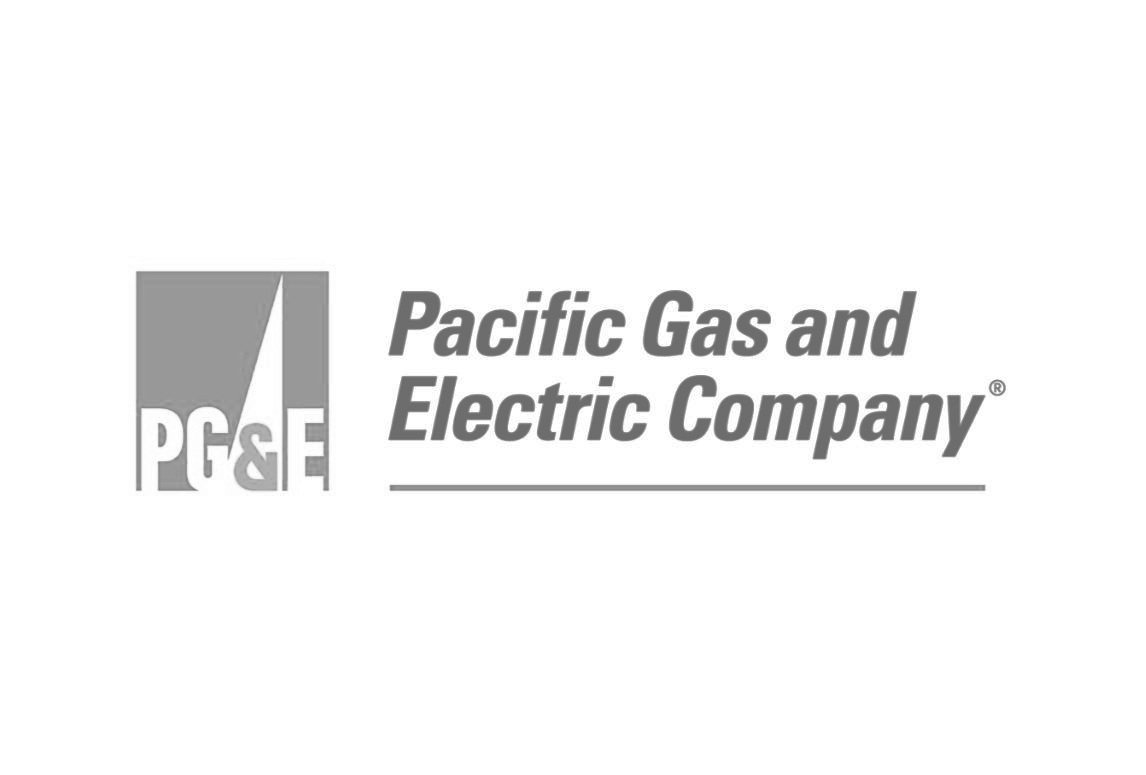

Thought Leadership
Adjacent Industries
Clean Transportation
The transportation industry is in the early days of a dramatic and revolutionary transformation. New powertrain technologies and fuel sources from electric to hydrogen to CNG are not only fundamentally reshaping how vehicles are produced but reshaping the infrastructure required to facilitate everyday use in the environment around us.
Energy
Technological advancement, policy shifts and climate change are interrelated megatrends that will shape the future of the utility. Infrastructure managers are all preparing for what could be a much different role in the coming years without sacrificing safety and reliability for customers.
Take the first step towards seizing the building revolution.
Contact us to discuss how ADL Ventures can help your organization innovate, adapt and thrive in ClimateTech.








